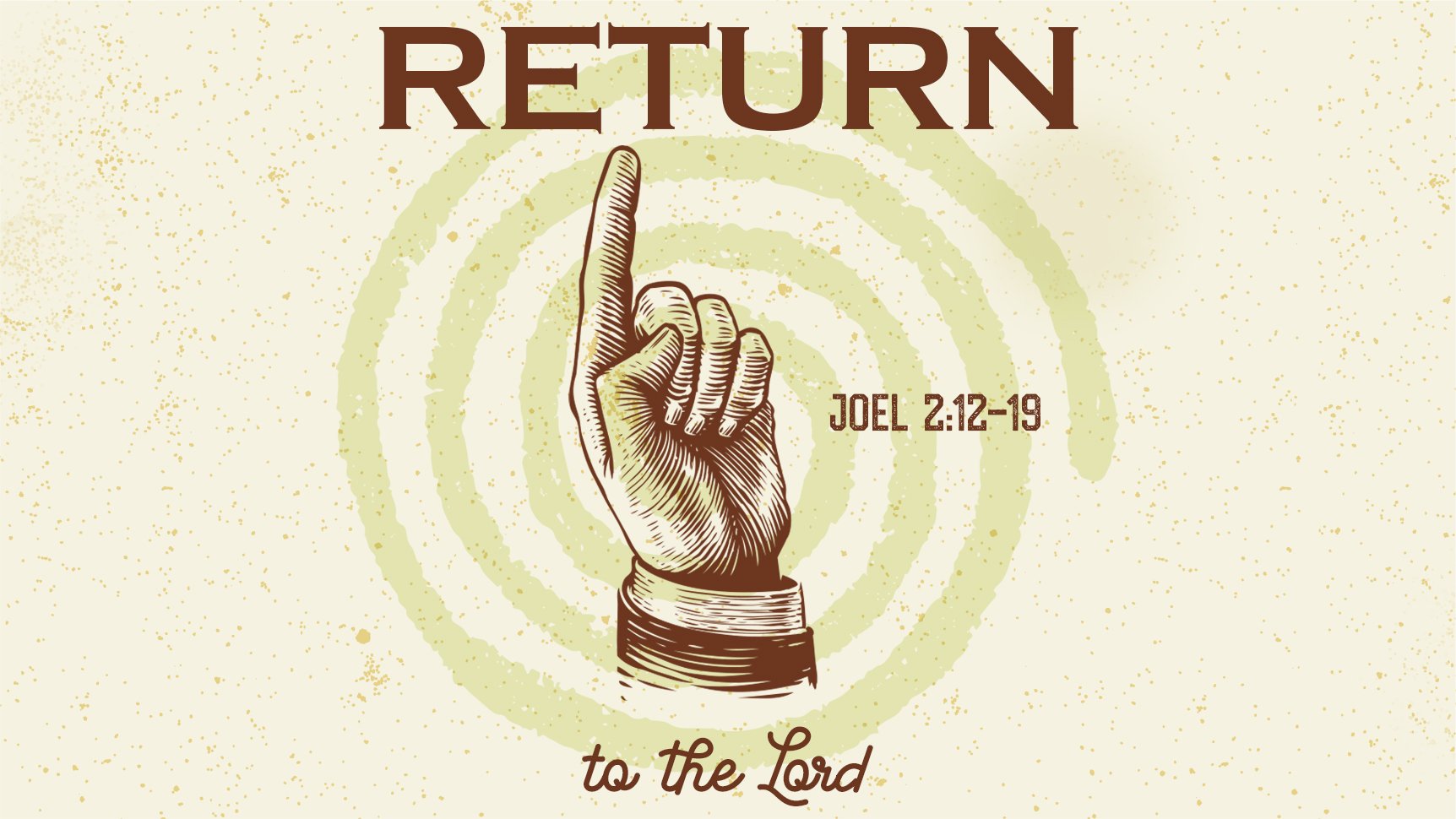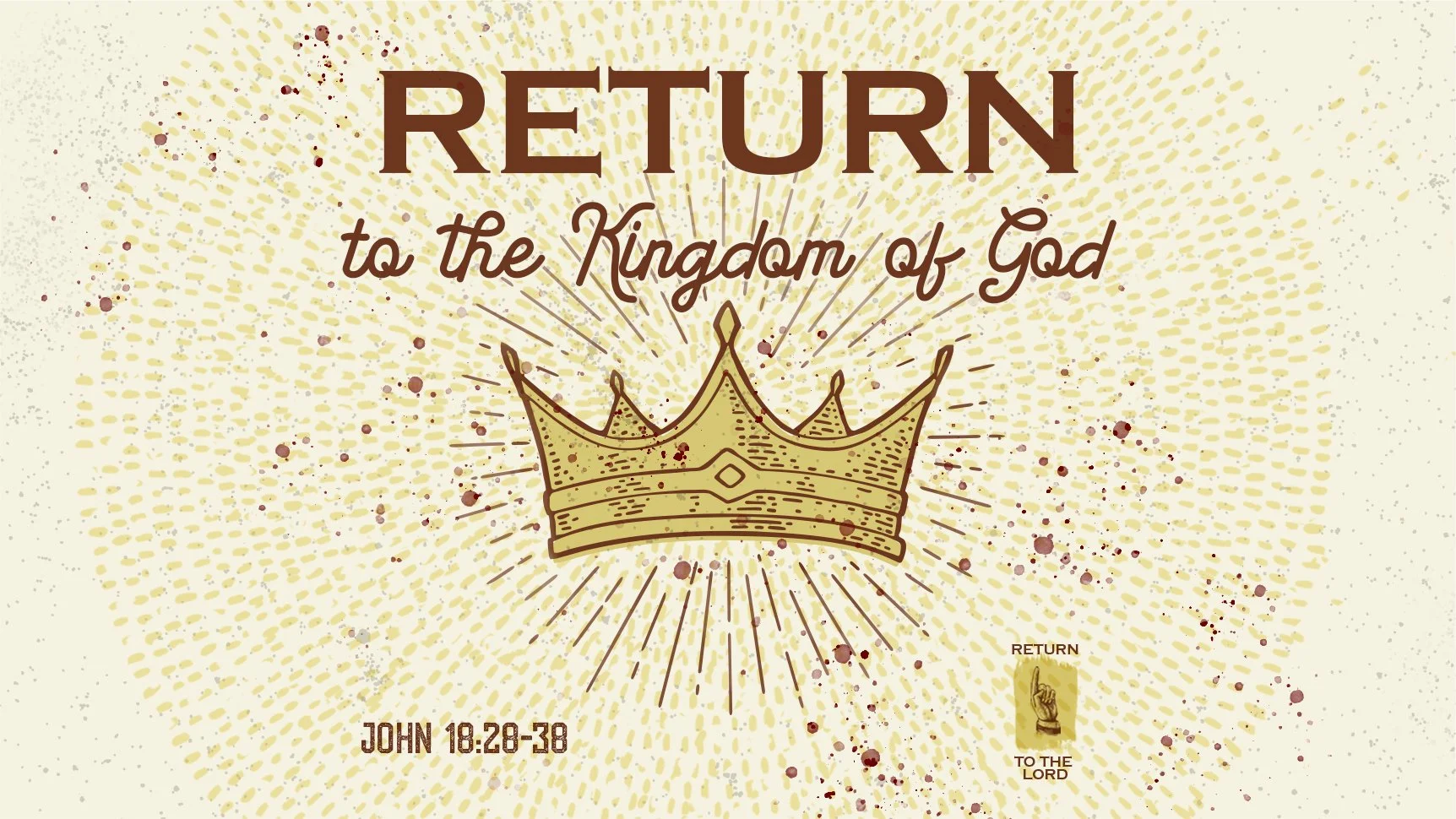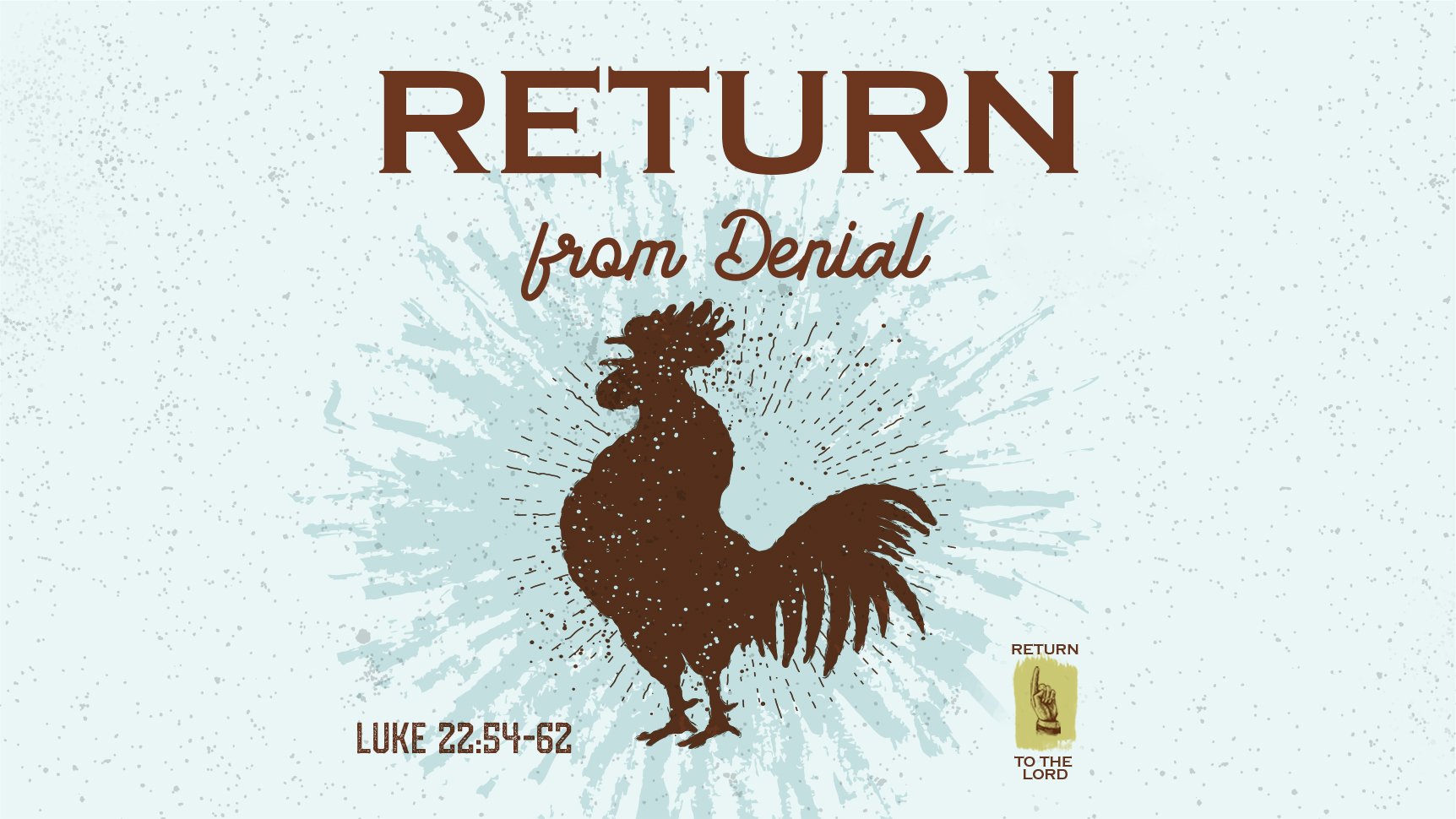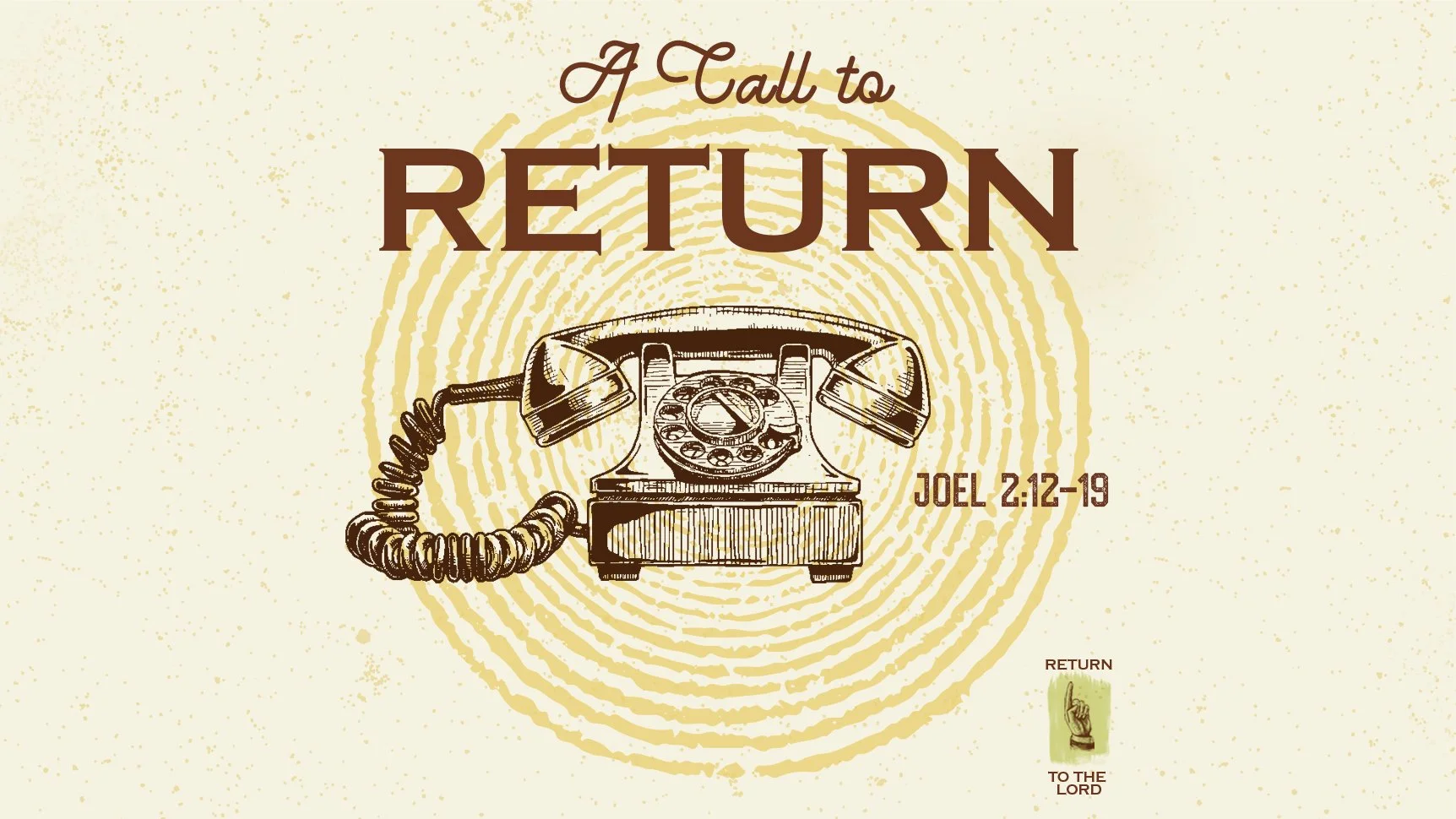Return to the Truth | Reformation Day (OBSERVED) | Isaiah 52:13-53:12
“...Return to the Lord your God,
for he is gracious and merciful,
slow to anger, and abounding in steadfast love...”
October 30 | 10:45 a.m.
Reformation Day (OBSERVED)
Twenty-first Sunday After Pentecost
READINGS
READINGS
Psalm 22:1-31
Isaiah 52:13-53:12
Hebrews 4:14-16
John 19:1-16
message presented by Rev. Frank C. Ruffatto
+Points to ponder
- What do we say about ‘truth’ in a culture that thinks all ‘truth’ – if there is any – is relative?
- How do you prepare to have an answer for your hope and faith? (cf. 1 Peter 3:15)
- Do you think God’s grace makes us too secure and reckless in sin?
+Sermon Transcript
Grace, mercy, and peace be unto each of you from God our Father and our Lord and King, Jesus the Christ. Amen.
Let us pray: Lord, we pray that your grace may always precede and follow us, that we may continually be given to the study of Your Word, to piety in head and heart, and to actions of love and good works; through Jesus Christ our Lord, who lives and reigns with you and the Holy Spirit, one God, now and forever. Amen.
“On October 25, 1517, six days before he gave his 95 theses to the world, Luther delivered a sermon in the chapel of the castle of Duke George the Bearded in Dresden, Saxony. He said in part: ‘Our salvation must ever remain our foremost concern. Man can obtain it only through faith in Christ Jesus, not by his own good works.’
At the dinner table the duke asked Barbara von Sala, his wife’s companion, ‘How did you like Brother Martin’s sermon?’ ‘Ah,’ she replied, ‘let me hear just one more like it, and I can die in peace.’ This moved the duke to fiery indignation. He exclaimed, ‘I would give much money not to have heard it. It makes men secure and reckless in sin.’ Here’s the old thought: ‘Will not men sin if told they are not under the Law?’ [Beloved], is this the effect of grace? Not at all. It is, on the contrary, the grace of God alone that makes alive from sin.”
Last week, our Gospel tailed off with Pontius Pilate asking a cynical, rhetorical question: “What is truth?” As we celebrate the Reformation today, this seems to be just the right question to ask. But it turns out that Pilate was asking the wrong question. The real question is not “What is truth?” but rather “Who is truth?”
Today, we look on as the truth hangs on a cross, bearing the sins of the whole world in order to reconcile us to God the Father. Truth was incarnate in Jesus Christ, and He willingly walked this path for you.
As we have travelled with Jesus in this series, we have also been centered on God’s call through Joel for His people to return to Him. To admit to your sinful nature and to come to the One who is “gracious and merciful, slow to anger, and abounding in steadfast love,” the One who loves you, who provides for you, and who sent His Son to die for you, because He “relents over disaster.” His call today is for you to return to truth, to turn to Jesus Christ, for He is your life and your salvation.
The chief priests and the scribes and the whole Council had delivered Jesus over to Pontius Pilate. They insisted that He had done evil and deserved punishment, even death. Pilate was onto them; he knew they were driven by selfish motivations, but he was backed into a corner. His choice was impossible: put an innocent man to death or lose control of the town as the population erupted in a riot.
Everything was working according to plan, but it was not the plan of the chief priests. It was a plan that God Himself had put together. A plan of salvation necessitated by mankind’s fall into sin at the temptation of Satan. A plan that included a battle between the offspring of the serpent and the Offspring of the woman. A plan that required that the heel of the Son of Man be bruised but would finally be complete as the head of the serpent’s offspring was crushed, and death was stripped of its power. This plan would play out on the cross, and Jesus was the focus of the whole thing.
Pilate tried to placate the accusers. He had Jesus flogged and tortured, mocked and insulted. Beaten to within an inch of His life. Dressed in a purple robe in a sarcastic nod to His divinity. How could Pilate stand before the people and point to Jesus, bloodied and bruised, and say with a straight face, “I find no guilt in Him”? As if, perhaps, he had been trying to beat it out of Him.
But the plan was already in motion, and there would be no changing the outcome. Jesus had to die. “Crucify Him, crucify Him!” John tells us it was the chief priests and the officers who cried those words, but it was not just them. It was also you and I.
Our sinful nature rises up even as Christ demands our attention. The Law proscribes our actions, and we want no part of that. “You shall have no other gods”? Fine, I’ll have only one god, and it will be me. This man, this “Son of God,” wants first place? No, He must die. “Crucify Him!”
“Do not take the Lord’s name in vain”? Ha! This man has blasphemed and made Himself the Son of God. “Crucify Him!” “Honor the Sabbath Day by keeping it holy”? You can’t tell me what to do. “Crucify Him!”
Honor your father and your mother. You shall not murder. You shall not commit adultery. You shall not steal. You shall not bear false witness. You shall not covet. “Crucify Him!”
You chafe at God’s leading. Your sinful nature wants nothing to do with it, because it is, as St. Paul reminds us, “hostile to God, for it does not submit to God’s law; indeed, it cannot.” Your sinful nature rises up before the truth and as it closes its ears it shouts, “Crucify Him!”
As hard as this is to say, and as hard to hear, I am reminded of what Luther said in one of his sermons. “Christendom must have people who can beat down their adversaries and opponents and tear off the devil’s equipment and armor, that he may be brought into disgrace. But for this work, powerful warriors are needed, who are thoroughly familiar with the Scriptures and can contradict all false interpretations and take the sword from false teachers – that is, those very verses which false teachers use and turn them round upon them so that they fall back defeated.
But as not all Christians can be so capable in defending the Word and articles of their creed, they must have teachers and preachers who study the Scriptures and have daily fellowship with it, so that they can fight for all the others. Yet each Christian should be so armed that he himself is sure of his belief and of the doctrine and is so equipped with the sayings from the Word of God that he can stand up against the devil and defend himself, when men seek to lead him astray.”
And so, praise be to God that the truth is not so easily silenced. The truth echoes in your ears even as it hangs lifeless on a cross. The truth slips past your defenses, and the Word softens your heart. You may cry out in anger, “Crucify Him,” but the truth whispers gently in your ears, “Yes, crucify Me. For that is the only way out of this mess. Someone has to die for all you have done, and I have come for just that purpose. Crucify Me.”
Look at the cross. Look at the One who hangs on it, bearing your sins, taking your punishment. “His appearance was so marred, beyond human semblance, and His form beyond that of the children of mankind.” “He was despised and rejected by men, a man of sorrows and acquainted with grief.” Look at this man. Look at your God. Beaten. Bruised. Bleeding. Suffering.
“Surely He has borne our griefs and carried our sorrows.” “He was pierced for our transgressions; He was crushed for our iniquities.” He dies for you. He carries your griefs, your sorrows, your sin, your guilt.
But why? Why did it have to be like this?
“It was the will of the LORD to crush Him; He has put Him to grief.” “He poured out His soul to death and was numbered with the transgressors; yet He bore the sin of many and makes intercession for the transgressors.”
Your Savior. Your Redeemer. Your Lord. Who died for your sins. Who made intercession for you. Who willingly poured out His soul to death so that you would have life. He is “the way, and the truth, and the life,” and “no one comes to the Father except through [Him].”
And so your heart, led by the Holy Spirit, finally relents and cries out, “Crucify Him.” But not in anger. No, now it is because you see that there is no other way. “All [your] righteous deeds are like a polluted garment,” and you can’t fix it. You can’t be good enough. You can’t be without sin. You can’t win your own salvation. You can’t muster up your own redemption. Whatever good you might manage to pull off is completely overshadowed by your sinful nature.
“With man this is impossible, but with God all things are possible.” With God, you can be saved. But someone must endure the penalty. God’s wrath must be satisfied. The wages of sin must be paid. Someone has to die.
And that someone is Jesus. He lived the perfect life you could not. He has taken all of your sin on Himself. He took all of it to the cross to satisfy God’s holy and righteous wrath. And He gives you His own righteousness in return, asking only that you trust Him and leave the work to Him.
Today, as you “survey the wondrous cross On which the Prince of Glory died,” may you hear God’s call to return to Him … to return to truth … to trust in the One who has promised you salvation and eternal life.
See, from His head, His hands, His feet Sorrow and love flow mingled down! Did e’er such love and sorrow meet Or thorns compose so rich a crown?
May the peace of God, granted through the holy, innocent, bitter sufferings and death of Jesus Christ, keep you focused on the One who is the Truth, the One who lived, died, and rose again to secure your salvation and eternal life. Amen.
“May the God of hope fill you with all joy and peace in believing, so that by the power of the Holy Spirit you may abound in hope.”
ABOUT THE SERIES
In the Book of Joel, the prophet paints a vivid picture of the coming judgment of God, the Day of the Lord. The imagery is bold and terrifying. Joel’s prophecy has teeth even today as wars rage, natural disasters threaten and destroy, and our culture seems to be unraveling.
But right in the middle of this frightening portent, we find a tender invitation from the Lord: “Return to the Lord your God, for He is gracious and merciful, slow to anger, and abounding in steadfast love; and He relents over disaster” (Joel 2:13). God’s invitation and promise finds its fullness in Jesus Christ, who personifies and accomplishes all that God declares.
During this series, we will consider the theme “Return to the Lord” and examine how the call to return played out in practical ways for the people who walked alongside Christ as He demonstrated and carried out God’s grace and mercy on our behalf, taking God’s wrath upon Himself, setting the stage for God to “turn and relent, and leave a blessing behind Him” (Joel 2:14).
Join us for the Return to the Lord series at Redeemer.











